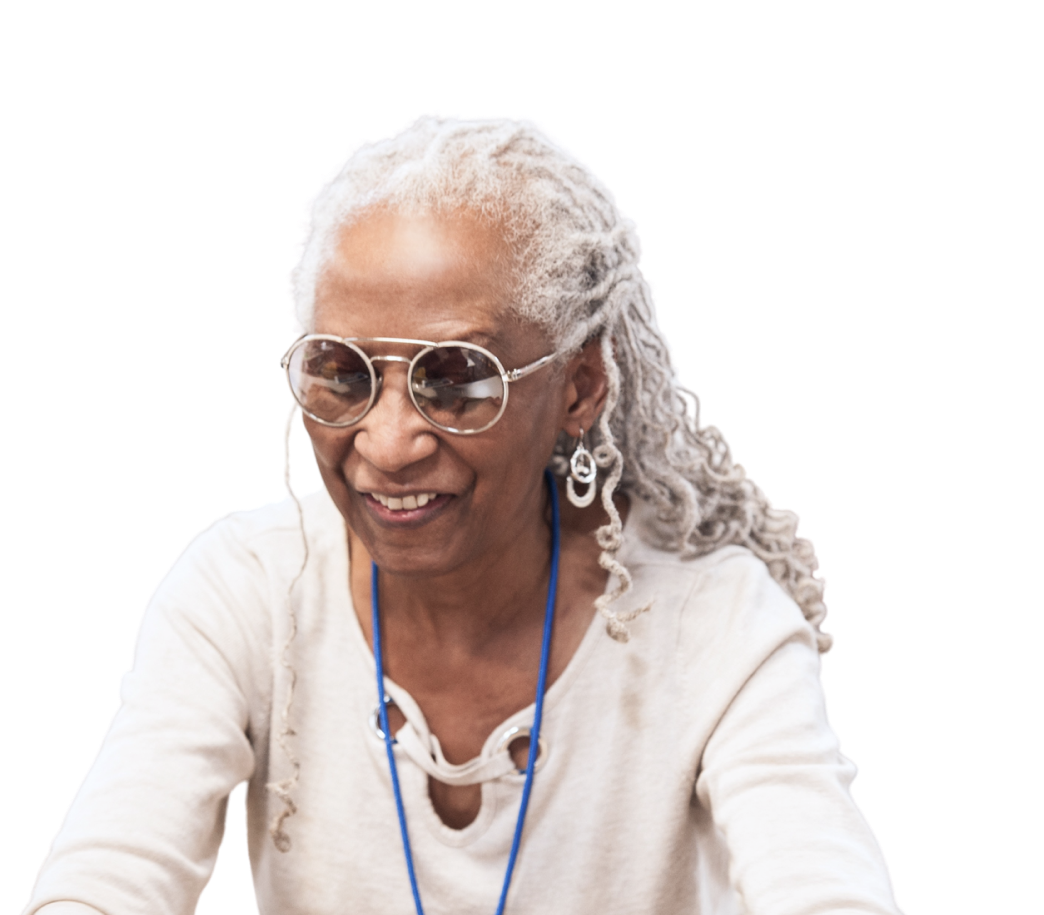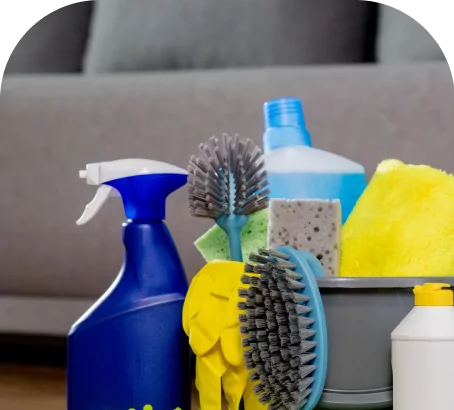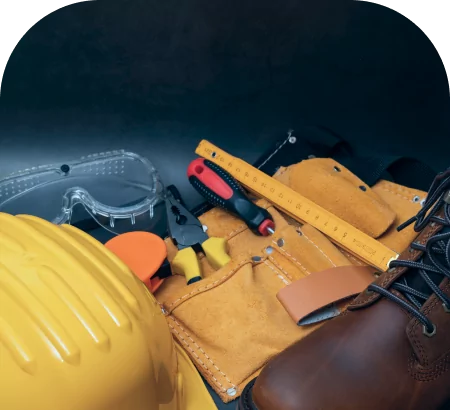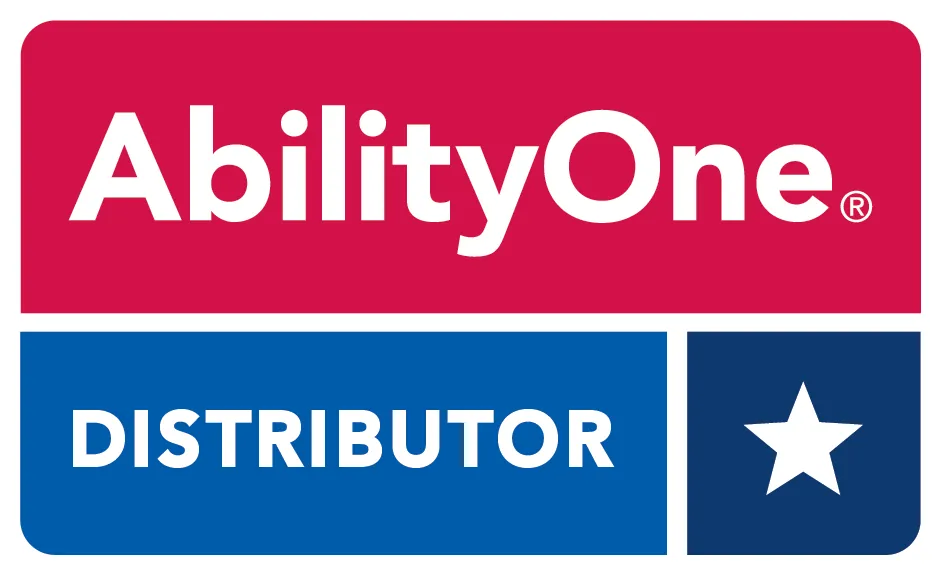engaging, empowering,
and employing
people who are blind and visually impaired since 1981.
bestwork industries for the blind, inc.
Bestwork provides training and employment opportunities for people who are blind or visually impaired. What began as a small state contract workshop has grown into a self-sustaining manufacturing facility and has begun its transformation into a full-service social enterprise.
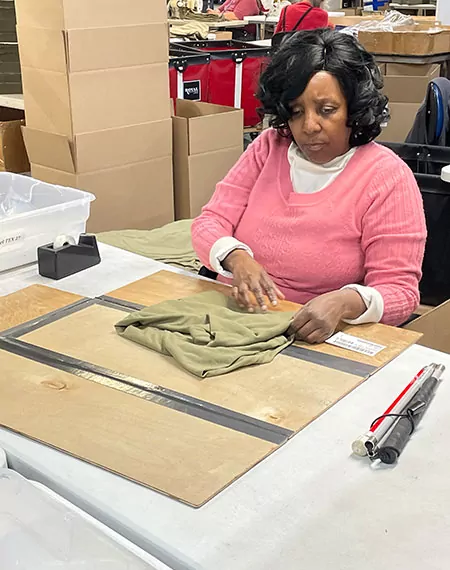
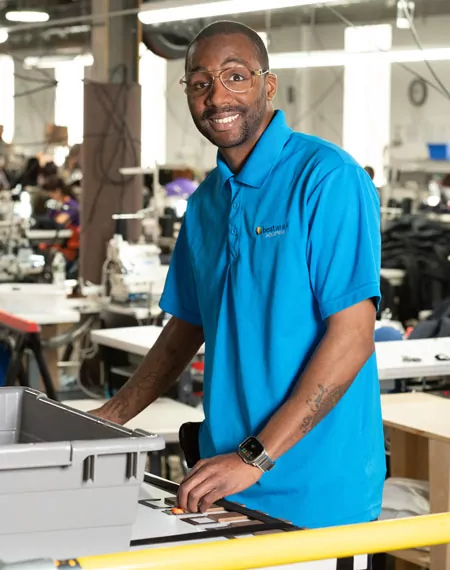
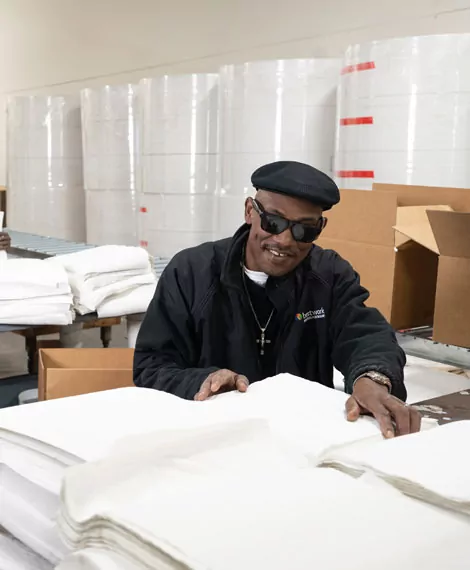
employment for people who are blind or visually impaired
Bestwork makes recruiting and training a priority to address the staggering unemployment rate for people with visual impairments. Through our efforts, we offer economic independence to our employees while providing quality products and services to our customers.
Schedule a tour today and let us show you how Bestwork Industries for the Blind changes lives!
shop with us

support our mission
Bestwork makes recruiting and training a priority to address the staggering unemployment rate for people with visual impairments. Through our efforts, we offer economic independence to our employees while providing quality products and services to our customers.
our products
our business services
help support our mission
Your gift makes a difference. When you contribute to Bestwork, you support the efforts to transform the lives of people who are blind or visually impaired through training and employment.
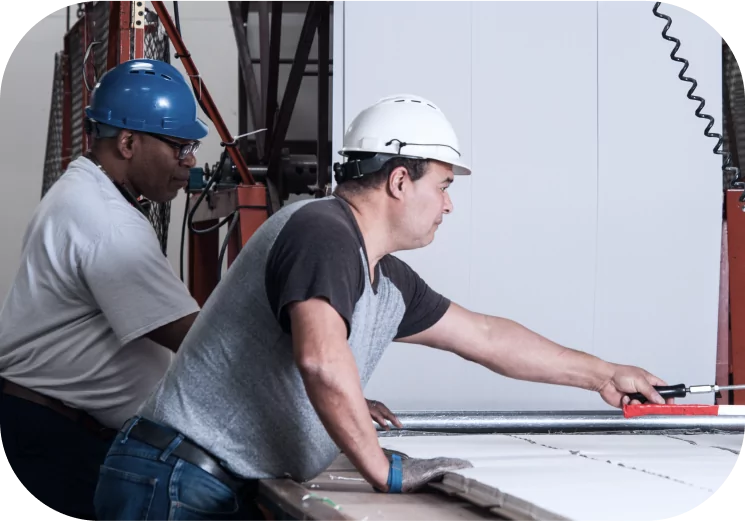
employment opportunities
Working at Bestwork provides employees with economic independence and a sense of pride for the work they do. Are you ready to join our team?
learn about our trusted partners and how you can become one.
awards we’ve won



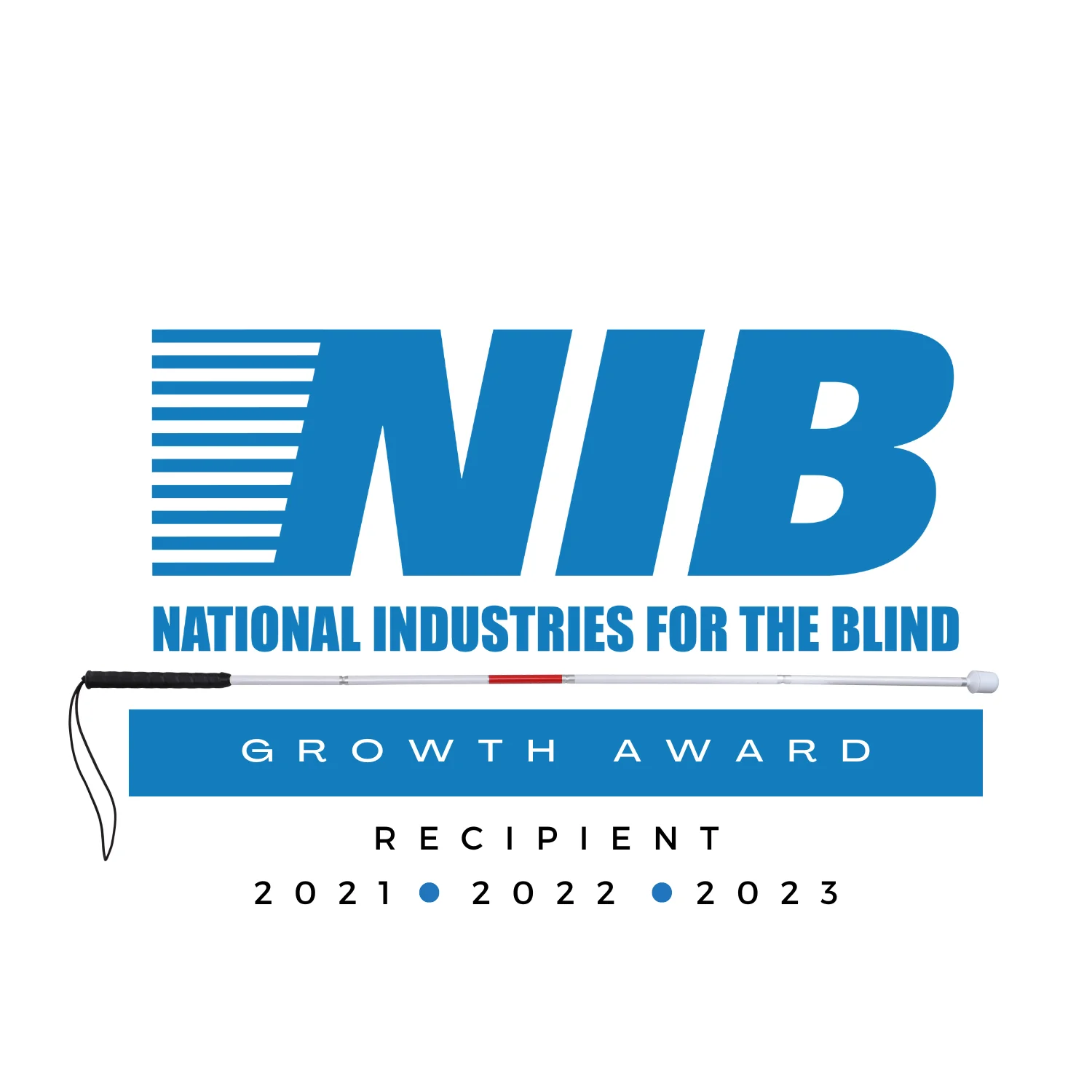
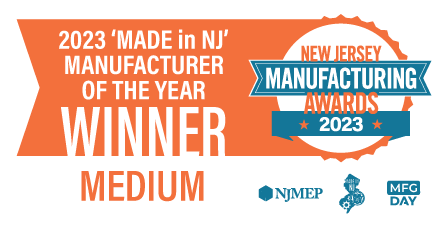
sign up to our mailing list
Enter your full name and email to get the latest news and announcment from bestwork

